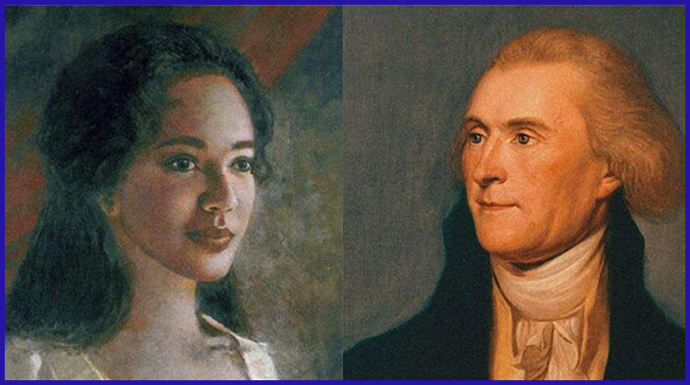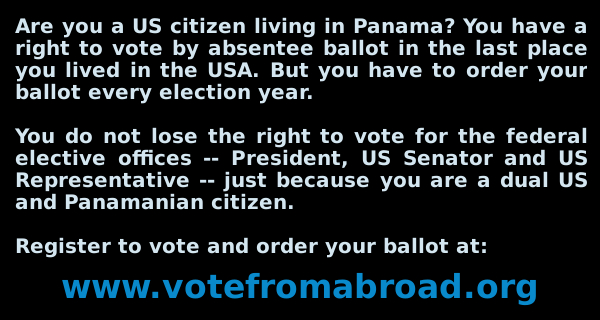Sally Hemmings and Thomas Jefferson, doubts about their relationship
having been clarified in recent years by DNA tests on their progeny.
Democrats: the way we were
by Eric Jackson
It was a complicated and scandalous tale about the relationship between America’s third president and founder of the Democratic Party, Thomas Jefferson, and Sally Hemmings, the mixed-race slave who was mother to six of Jefferson’s children.
Jefferson was a polymath genius, who the way it’s taught in US schools is mainly described as the scribe who drafted the Declaration of Independence in 1776. But he was of far greater significance than that to the rise of the United States of America. An unchurched but ecumenical man, a freemason, he championed the right of people to believe whatever they want and to freely express their beliefs in speech and in writing. That included his tolerance for lurid tracts speculating about or exposing his relationship with Hemmings, which he declined to discuss with the press or otherwise for the record.
The relationship began when Jefferson was a widower. Hemmings, Jefferson’s slave, was also the younger half-sister of his late first wife. Jefferson, born into a slave-owning family, expressed distaste for the system, ensured that his children by Hemmings were educated as skilled craftspeople and sent as adults to states where there was no slavery. Hemmings herself was freed by Jefferson. But his will, which included the manumission of the rest of the slaves on his plantation, was not carried out because he died in debt and creditors auctioned off the slaves to be repaid.
Jefferson did not have the option of marrying Hemmings. Until the 1967 US Supreme Court case of Loving vs Virginia, interracial marriages were illegal in his state. With the education of his children by Miss Hemmings Jefferson actually committed a crime – in the wake of the 1831 Nat Turner slave revolt, Virginia law prohibited the teaching of a black person to read. That law lasted until overturned by the Civil War in the 1860s
As against those who would make Jefferson’s complicated personal life the beginning and end of his story, consider the enduring effects of his public policies:
– The Virginia statute on religious freedom that he wrote and which passed when he was governor, his advocacy of the Bill of Rights when the Constitution was being debated and his opposition to the Alien and Sedition Acts of 1798 set certain baseline principles of how human rights are perceived in American culture:
– His embrace of the Dutch jurist Hugo Grotius’s ideas about the existence high seas that are international waters which the ships of any nation might freely navigate quickly led to naval hostilities with North African powers but in the longer run set one of the cornerstones of the US status as a global trading power;
– His Louisiana Purchase from France expanded the United States from a strip of Atlantic seaboard states to a continental power;
– The Lewis and Clark expedition to explore the territory that America had bought, the earlier establishment of the University of Virginia, and his initial donation of books that grew into the Library of Congress laid some of the foundations for the United States to become a scientific and educational power.
Contact us by email at fund4thepanamanews@gmail.com
To fend off hackers, organized trolls and other online vandalism, our website comments feature is switched off. Instead, come to our Facebook page to join in the discussion.
These links are interactive — click on the boxes












